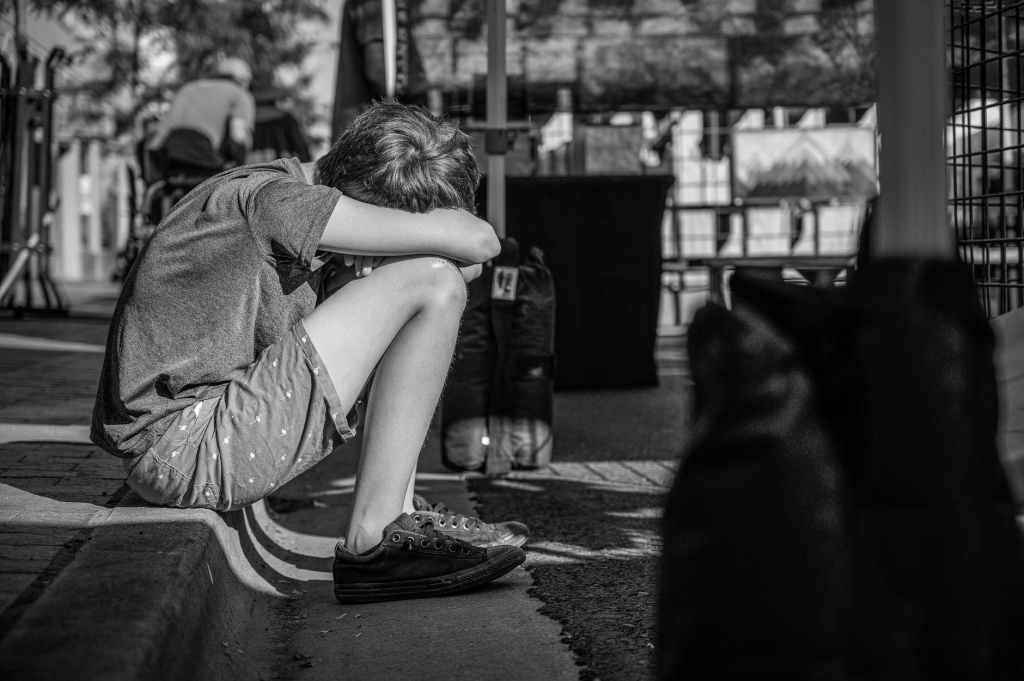Mental illness isn’t often the first thing parents or teachers consider when dealing with rebellious, sullen, or highly emotional behavior. But during the isolation and distress of the pandemic, when families juggled work-from-home and online school, children and teens began to suffer from anxiety, depression, and other mental health disorders at unprecedented rates. Now that most schools are back to in-person learning, these issues may intensify as kids re-adapt and re-learn social skills.
It’s important to maintain lines of communication with teachers and school counselors during this prolonged period of slow readjustment. Check in with teachers frequently about your child’s behavior and performance in school. Discuss these warning signs of student mental health issues with your child’s teachers and school counselors.

Sudden Resistance to Attending School or a Precipitous Drop in Grades
A child or adolescent who suddenly begins to demonstrate extreme reluctance to go to school, or a sudden and dramatic decline in school performance, could indicate an anxiety disorder or the beginning of depression.
Changes in Sleep or Eating Patterns
Frequent nightmares, difficulty falling asleep, more than the usual reluctance to get up on time, or unusual changes in eating habits are all red flags that could indicate the onset of mental illness.
Panic Attacks or Physical Symptoms of Stress
Kids who could once handle the everyday challenges of school need help right away if they start to display physical symptoms of stress or experience panic attacks. Some indications of panic or anxiety disorders include sudden, extreme, and seemingly unreasonable fears or worries, rapid breathing, and a racing pulse.
Persistent Withdrawal
Formerly gregarious kids who start isolating themselves for longer than a week or two, seem sad or distracted most of the time, or who have extreme mood swings may be suffering from more than just “growing pains.” You should involve a mental health professional if your child has difficulty concentrating, loss of interest in activities and friendships, or a “flat” affect (lack of facial expression, “zoning out,” etc.).
Knowing the warning signs of student mental health issues is important for educators and parents, but prevention before issues arise is most effective.
One known means of helping kids maintain their mental health is life skills training. Ask your child’s school about what kind of life skills curriculum they provide. Life skills training builds resilience and provides conflict resolution and problem-solving skills that will have lifelong benefits. It will help kids cope with tough and challenging times—and all kids have those times.


